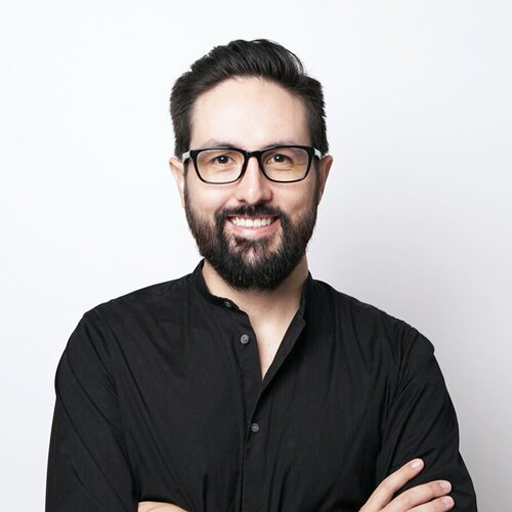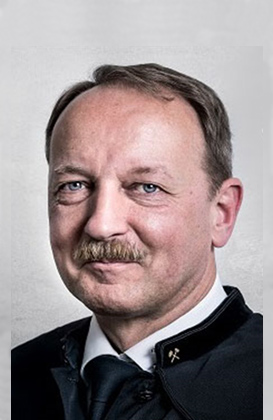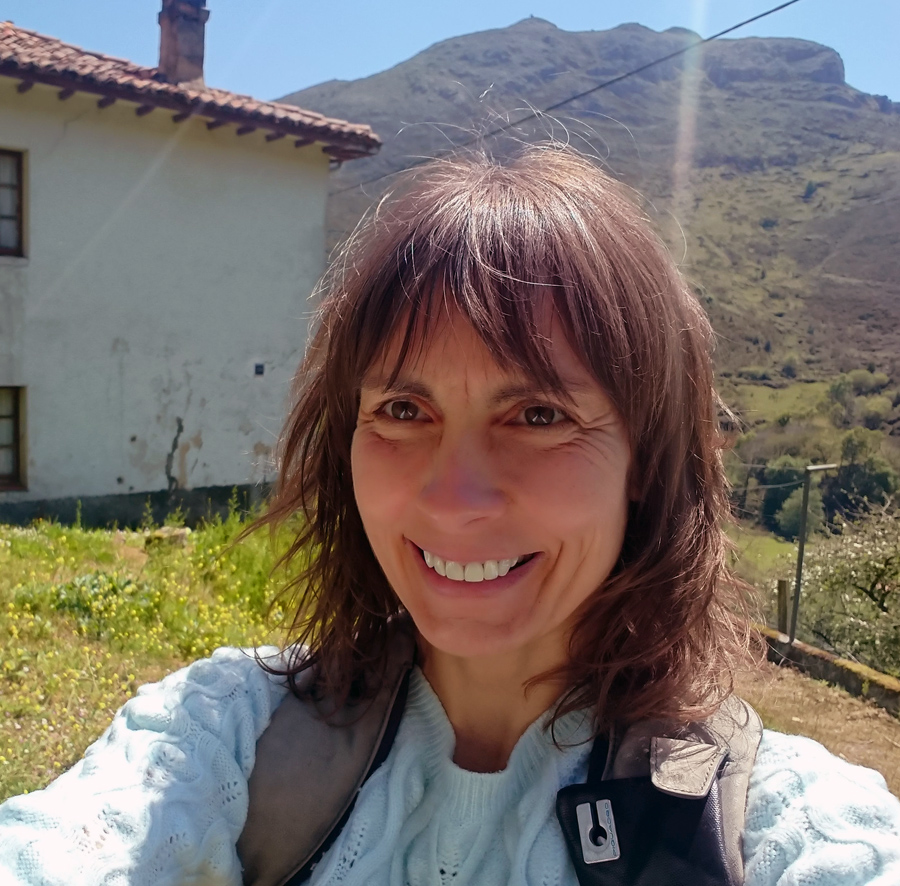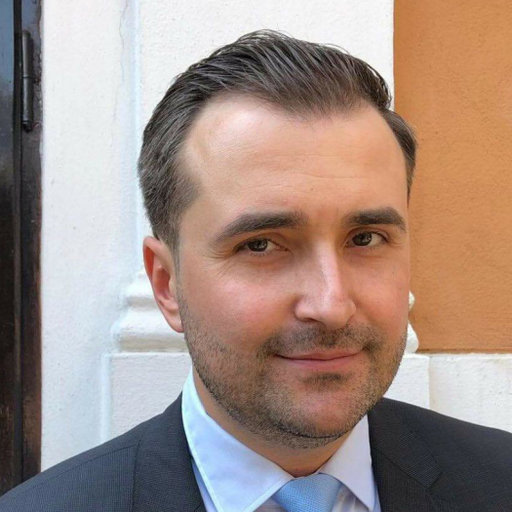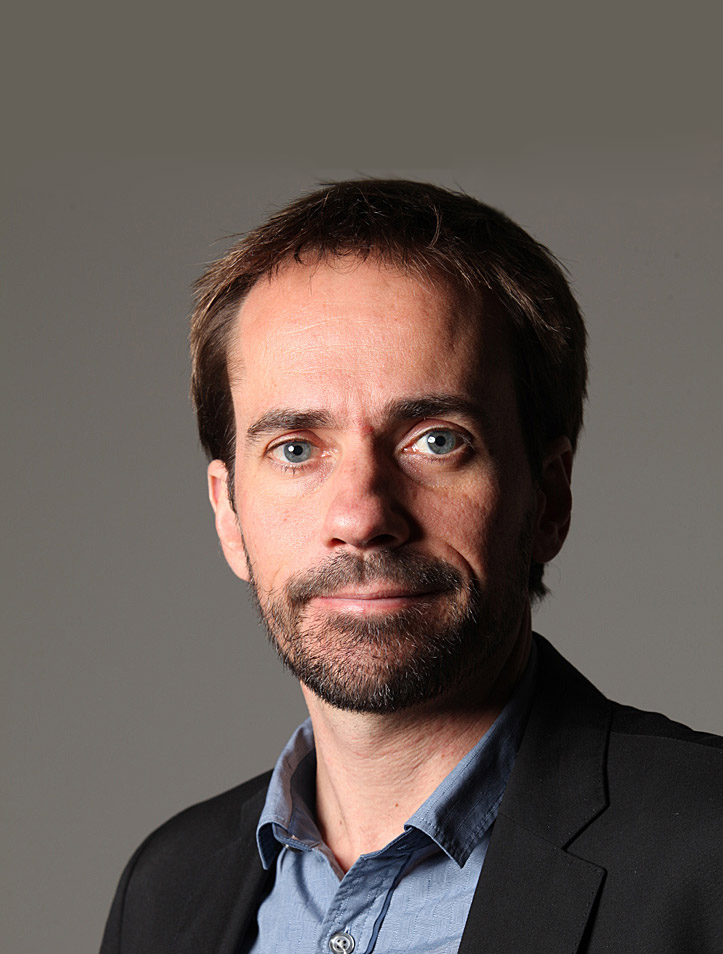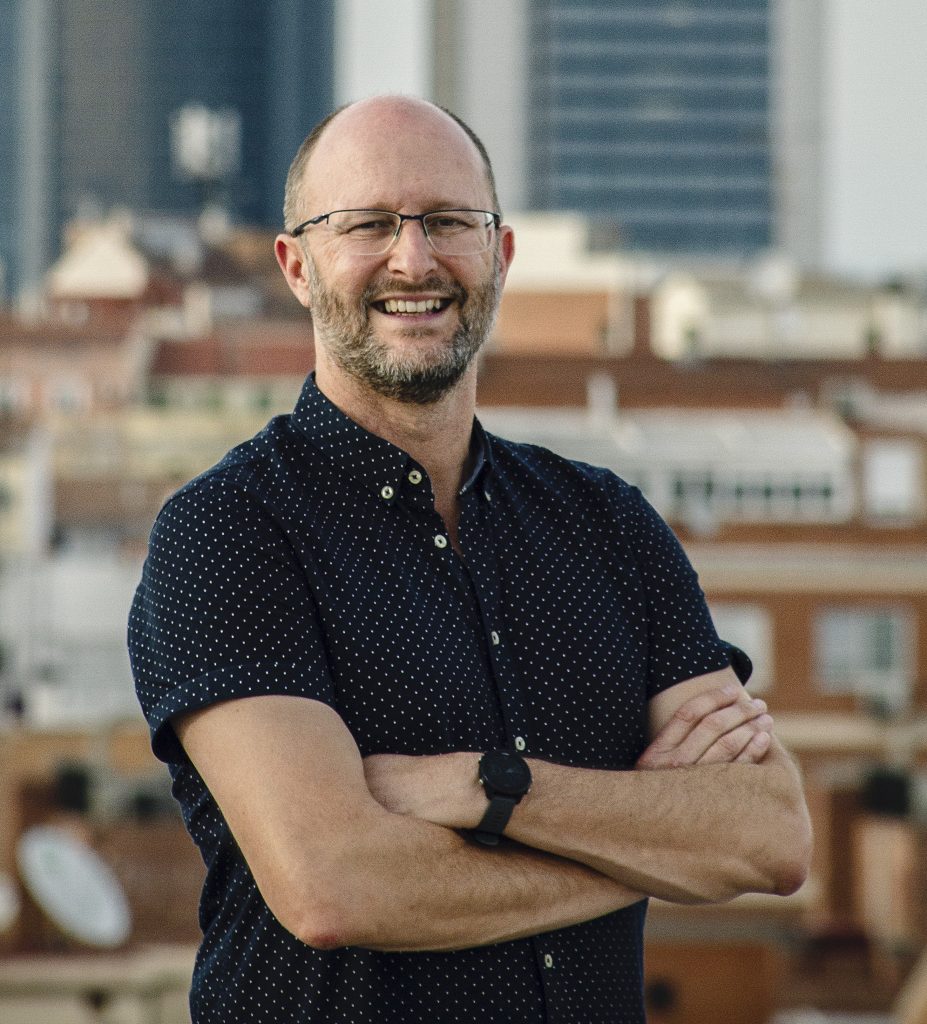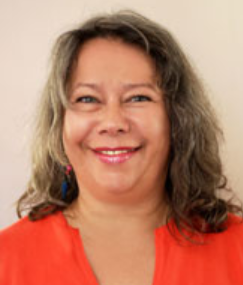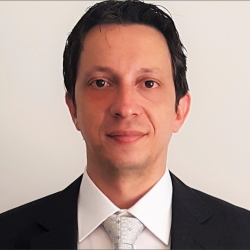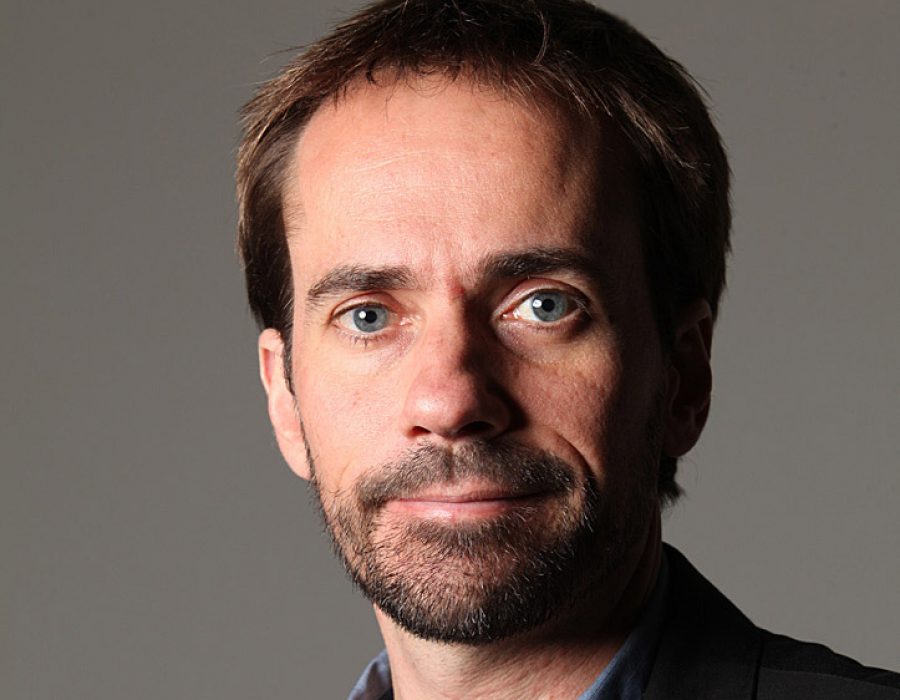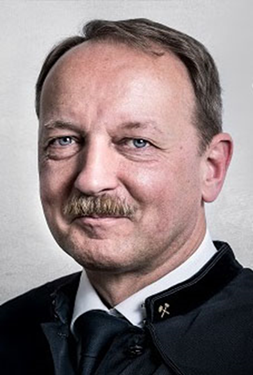EURECA-PRO Conference | 2022
A place to share the experience, scientific results and the most recent advances to achieve Sustainable Development Goal 12
![]() 19, 20, 21 Oct
19, 20, 21 Oct ![]() León, España
León, España
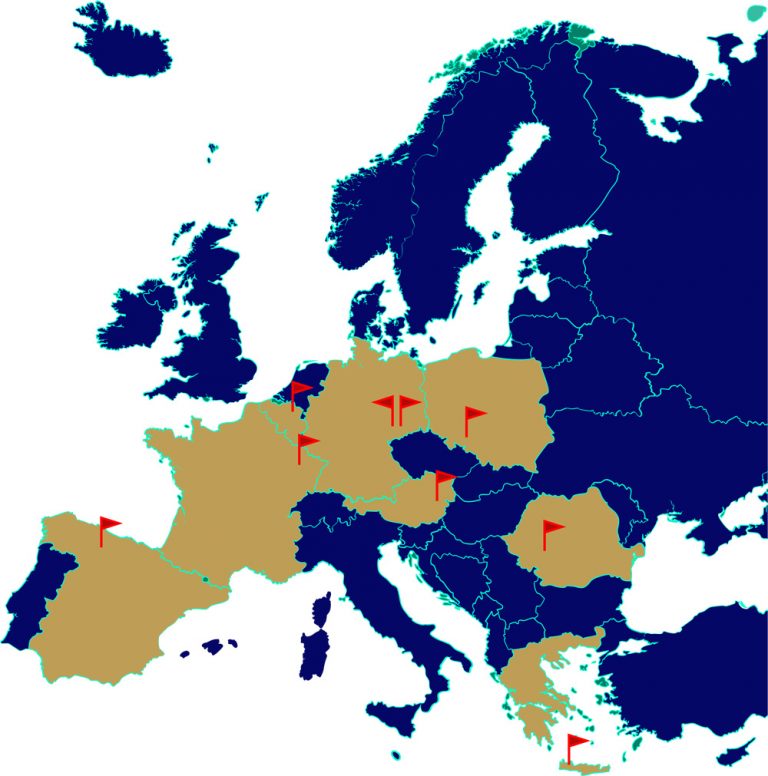
This edition of the EURECA-PRO Conference on Responsible Consumption and Production 2022 has passed. We invite you next year for a new edition.
Find below more details about the 2022 Edition:
WELCOME
The EURECA-PRO Conference on Responsible Consumption and Production 2022 provides an interdisciplinary forum for practitioners, academic and scientific experts on responsible consumption and production. A place to share their experience, scientific results and the most recent advances to achieve Sustainable Development Goal 12.
It also aims to constitute a benchmark for leading researchers in this field to discuss current and future challenges, and innovative solutions considering the technological, humanistic, economic, social and environmental dimension of responsible consumption and production.
Event Starts In:
IMPORTANT DATES
The first 20 accepted abstracts will have 20% off the registration fee.
- Submission Short paper (min 1500 words and 10 references): September 19, 2022
- The short paper submission deadline has been postponed, but a submission later than Monday 19th of September will not be possible under any circumstances
- Young Researchers Forum application Deadline: September 21, 2022
- Peer review process Deadline: September 26, 2022
- Final submission Deadline: October 4, 2022
- Notification of acceptance to publish the short paper in the Conference Proceedings Deadline: October 7, 2022
- Registration and Payment Deadline: October 12, 2022
- Attendance Cancellation Deadline: October 14, 2022
- Conference: October 19, 20 and 21, 2022
COMMITTEES
CONFERENCE PROGRAMME
Recycling, reuse, and longer lasting products
For more information about the subtopics, please visit the Topics section
EURECA-PRO YOUNG RESEARCHERS FORUM
What does research on Responsible Consumption and Production mean?
Selected applicants can participate in the CONFERENCE free of charge except for the Formal dinner
Day 1 – 17th October 2022
EURECA-PRO Young Researchers Forum.
Day 2 – 18th October 2022
Learn the communication tools and know how to use them in our favor, we will develop our capacity to connect with others and increase our ability to face difficult situations in a more friendly, empathetic and successful way.
Day 3 – 19th October 2022
EURECA-PRO Young Researchers Forum.
Day 4 – 20th October 2022
Teamwork.
Day 5 – 21th October 2022
Teamwork.
PLENARY SESSIONS
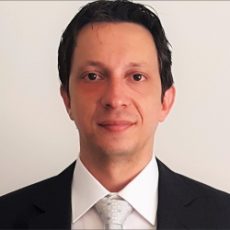
Prof. Dr. Alexandros Stefanakis
Technical University of Crete
Friday 21, October, 13:00
“Implementing constructed wetlands for sustainable water management in a circular economy: examples and case studies”
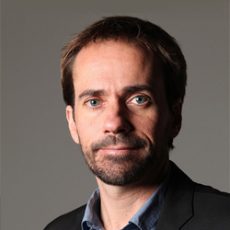
Artur Grisanti Mausbach
Royal College of Art Research Centre
Thursday 20, October, 9:45
“Anti-Ephemeral Design for Responsible Production and Consumption of Mobility”
PANEL DISCUSSIONS
Panel discussion 1: Environment and energy
Panel discussion 2: Circular economy
Panel discussion 3: Smart and healthy societies
WORKSHOPS
All the workshops will be celebrated on October 19th at the University of León, Campus de Vegazana. The organizing committee will notify the participants of the specific venue after registration. Individual workshop registration will have a cost of 50 euros. See section “Registration and fees” for discounts and additional information.
CALL FOR ABSTRACTS
Topics
Smart and healthy societies
- Public health challenges towards sustainable patterns
- Media impact as a tool for sustainable change
- Citizen awareness and education in smart consumption trends
- Consumer behavior
- Business and sustainability: ESG (Environmental, Social and Government) and environmental-friendly strategies
- Social, equity and cohesion; DEI (Diversity, Equity and Inclusion); the role of human rights
- Safety, hygiene and food quality
- Digital marketing and branding strategies potential to promote environmental-friendly habits, products and mindset
- Healthy lifestyle, nutrition and sustainable habits
- Integrating sustainability in global and local policy-making
- Natural resources management, global governance and policies
- The role of proximity in smart and healthy societies
- New trends in consumption habits
- Sustainable product policies, ecolabelling, product eco-design and environmental friendly products
- Anthropology of sustainability
- Financial management to embrace eco-friendly economic growth
- Economic, social and environmental impact of tourism
- International cooperation and institutional reinforcement for building enduring global policies, compromises and actions
- Knowledge transfer for policy makers and stakeholders
- Ecological footprint
- Media as an agent for change in responsible consumption and production
- Lifestyle disruptive changes
- Education towards a sustainable society
- Smart health
- Healthy cities and quality of life
- Smart cities: socio-technical and socio-ecological systems.
- Data security, privacy, technological, ethical and legal aspects.
Recycling, reuse, and longer lasting products
- Education as a tool regarding recycling, reuse and longer lasting products
- Historical perspectives on recycling and reuse of products
- Food waste: concerns and solutions
- Circular economy: importance and benefits on responsible use and product consumption
- Responsible citizens and sustainable consumers: policies, historical analysis and future challenges
- Socio-ecological transformation: sustainability from the point of view of growth and degrowth
- Societal, technological and political challenges for resources use optimization
- LCA (Life Cycle Assessment) of goods and services
- Sustainable built environment: use of natural-ecological, waste-based or recycled materials
- Durability and recyclability of products
- Responsible materials flow
- Food production and preservation using conventional methods and emerging technologies
Clean air, freshwater, healthy soil and biodiversity
- Territorial consumption: resilience, analysis and upcoming challenges
- Biodiversity and sustainable development cutting-edge techniques: mapping, modeling and artificial intelligence
- Livestock production and optimization of global resources
- Biodiversity and animal welfare for sustainable development
- Sustainable patterns in the agri-food sector (e.g. food system governance, eco-labelling, innovative technologies, methodology climate change adaptation)
- Sustainable production
- Chemical and environmental engineering
- Soils and technologies of the natural environment
- Engineering and sustainable agriculture
- Consumption and management of natural resources: historical evolution, current situation and future perspectives
- Sustainability of animal, agriculture, livestock production systems
- Rural and environmental engineering
- Water consumption and preservation of freshwater aquatic ecosystems
- Responsible use and conservation of oceans, seas and marine resources.
- Policy development on environmental challenges related to clean air, freshwater, healthy soil and biodiversity
- Upcoming technologies in environmental studies
- Mining and recycling
- Environmental conservation: education, public awareness, IT, economy and development
- Human well-being and environmental sustainability: processes and impacts
- Global change and environmental disturbances
- Soil and water: exploitation, conservation and impacts
Cleaner energy and cutting-edge clean technological innovation
- Policy making for energy efficiency, carbon-footprint reduction
- Clean energy: sustainable methods, innovations and new technologies, perspectives, certifications, risks, opportunities.
- Energy saving technologies for responsible consumption
- Energy access: challenges and perspectives
- Energy and Process Engineering
- Clean energy and country development
- Education in clean energy, renewables and behavioral consumption
- CCUS – Carbon Capture, Utilization and Storage
- Green hydrogen in the global energy system
- Renewable energy transition
- Decarbonizing the global economy
Industry 4.0
- Influence of robotics, nanotechnology and artificial intelligence.
- Regulations, ethical and legal aspects in the Industry 4.0
- Processing and distribution processes: challenges and opportunities
- Societal and educational matters for living in a 4.0 society
- Industry transformation, behavioral consumption and production awareness (e.g. net zero waste, efficient use of resources, fast fashion, greenwashing, relocation strategies)
- Adaptation to environmental challenges
- Sensors for the smart manufacturing environment, healthcare and other applications
- Industrial applications of the Internet of Things
- Engineering Processes
- Eco-efficiency, mechanical and materials engineering
Short paper Submission guidelines
1. Short paper submission (Submission Deadline: September 19, 2022)
The short paper submission deadline has been postponed, but a submission later than Monday 19th of September will not be possible under any circumstances.
Short paper proposals should be submitted in PDF or Word format, using the abstract template. For submission, please use the submission button. Please take into consideration that the short papers must have a minimum of 1500 words and 10 references.
2. Peer review process (Deadline: September 26, 2022)
Manuscripts will be reviewed by the Scientific Committee and authors will be informed whether their manuscript can be accepted, accepted with changes or definitely rejected.
3. Final submission (Deadline: October 4, 2022)
Authors should submit the final version of the article after making the changes requested by the reviewers.
4. Notification of acceptance to publish the short paper in the Conference Proceedings (Deadline: October 7, 2022)
After successful submission, authors will receive a confirmation to the email address provided after September 16. In absence of confirmation, please contact the organizing committee: eurecapro_conference@unileon.es
If your communication has been accepted, the short paper will be published in Springer Proceedings in Earth and Environmental Sciences (ISSN, indexed in SCOPUS). High quality communications will have opportunities for consideration for one special journal issue after a blind peer-review process.
Remember that the Conference registration is a separate process from the submission process. For any doubt, please contact the organizing committee: eurecapro_conference@unileon.es
5. Presentation
Your presentation will be scheduled on one of the days already assigned to the different thematic tables.
Its final date and time will be made public once the abstract acceptance process is closed.
The conference will be held from October 19 to October 21, 2022.
6. Registration and Payment (Deadline: October 12, 2022)
Remember that in order to formalize the registration process you have to pay and send the payment receipt before the deadline (October 12th). Please visit the section Payment and invoicing and submit your payment receipt.
7. Attendance Cancellation (Deadline: October 14, 2022)
Please consult the Cancellation policy.
Conference proceedings
In this book readers will find the discussion results among professionals, academics and scientists on responsible consumption and production, regarding the latest advances to achieve a sustainable society. This book contents 5 chapters focused on: Smart and healthy societies, Recycling, reused and longer lasting products, fresh air, clean water, healthy soil and biodiversity, cleaner energy and cutting-edge clean technological innovation, and industry 4.0.
This book also intends to show the current and future challenges, and innovative solutions considering the technological, humanistic, educational, economic, social and environmental dimensions of sustainability
Registration and fees
|
|
Conference registration
|
Conference + 1 Workshop
|
Single Workshops
|
|---|---|---|---|
|
Regular
|
200
|
220
|
50
|
|
Early career researchers*
|
150
|
170
|
50
|
- Access to the Conference: Plenary sessions, panel discussions, poster sessions and oral presentations.
- Conference dinner (October 20th).
- Book of abstracts in electronic PDF version (with ISBN).
Payments and invoicing
Payments should be made by traditional bank transfer, until October 20th. All costs of money transfer should be covered by the participants. Payments made by bank deposit or bank transfer must be credited by sending proof of payment with the name of the participant.
Payment should be made to the following registration system operator bank account:
SWIFT code BSCHESMM
Bank account: ES55 0049 6739 1329 1622 9380
If you need a proforma invoice, in case the payer of the registration is an institution (university, center or company), and the invoice is to be issued in its name, please make sure that you enter the full tax details of the holder in the registration form. For proforma invoice, please contact eurecapro_conference@unileon.es
Family Conciliation policy
Cancellation policy
Request for registration cancellation must be addressed in writing and sent by email to the Conference secretary (eurecapro_conference@unileon.es). The registrant must send the notification of cancellation of registration before October 14th to be eligible for a full refund. All refunds will be made by the same means by which the payments were made. No refunds will be made if notification of cancellation is made after October 14th, except in cases of force majeure or specific extenuating circumstances (medical problems, family emergency, confinement or mandatory mobility restrictions), which must be duly justified and proven. No refunds will be granted to registrants who do not meet the above conditions.
Although no refunds will be given after October 14th, the place may be filled by another person who meets the requirements of their registration category free of charge.
Participants who do not attend the sessions, lectures, ceremonies, lunches or morning or afternoon coffees included in the registration fee will not receive a refund equivalent to the cost of the sessions, lectures, ceremonies, lunches or coffees.
Attendance
Travel to León
From Adolfo Suárez Madrid-Barajas Airport (Recommended):
1. By train: The train station is located in level -1 of terminal 4. You should take there a train called “Cercanías”, line C1 or C10 to “CHAMARTÍN”. It takes 15min to get there. You can check it here: www.renfe.com/viajeros/cercanias/madrid
Then, you should take a train to León from there. You can buy the tickets from: www.renfe.com
There is a variety of trains and prices, from the fast trains (AVE) that take 2h and 15 min, to slower trains that take 5h and 23 min, there are even hotel-trains. The cost ranges are also wide, from 42,90€ to 19,90€.
2. By bus: There are some direct buses from the airport. It takes approximately 4:30-5h to get to León and it costs between 25 and 35€. The bus arrivals and departures are from T4, level 0, docks 1 to 4. The company serving León is named “ALSA” and it is recommended to buy the ticket online from the web: www.alsa.es
3. By plane: There are not direct flights to León. You will have to make a stopover at Barcelona. Other options of nearby airports could be Valladolid (which has a small airport with a bus service directly to León -11€) or Oviedo. The most common option is to fly to Madrid that has the most transport options to León.
Another option would be take Metro line 8 from the airport to “NUEVOS MINISTERIOS”. Once there, you should take line 6 and get out at “MENDEZ ALVARO”. There are some mechanic stairs where you have to go up and arrive at “Estación Sur” (bus station). It is run by the same company and the tickets are sold as well from https://www.alsa.es/. The bus takes 3 hours 45 min to get to León so we highly recommend take the bus from the airport.
You can check the metro map here: www.planometromadrid.org
From Barcelona – El Prat Airport:
1. By bus: There are not direct buses from the airport to León. Instead, you should go to “ESTACIÓN NORD” and once there, you should take a bus (tickets sold at: www.alsa.es) which takes around 10:30 and 11h to get to León.
For more information, visit: www.unileon.es
Useful websites:
León Bus Station. Information: +34 987 211000 Web: www.alsa.es
Ponferrada Bus Station: Tel: +34 987 401 065.
Railway. RENFE. Information Tel.: +34 902 240202 ; Web: www.renfe.es
Ponferrada RENFE Train Station: Tel: +34 987 410 067.
León Airport. Tel Information: +34 987 87 77 00 ; Web: www.iberia.es
Madrid Metro: www.metromadrid.es
Suggestions of accommodation:
- Hotel Spa Paris*
- Hostal Boccalino*
- Hotel Spa QH
- Hotel Alfonso V*
- Hotel Conde Luna*
- Aparthotel Exe
- Campus San Mamés
- Hotel AC San Antonio*
- Hotel FC Infantas de León
- Palacio Real Hostel
*Take into consideration that the ones with an asterisk (*) have an agreement with the University of León, therefore it would have a discount.
At the University: There will be maps about where the conference will take place at the university.
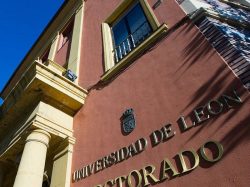
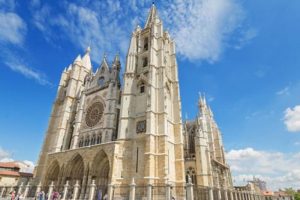
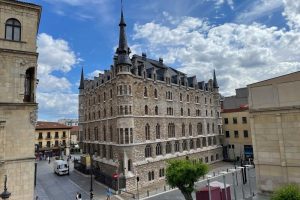
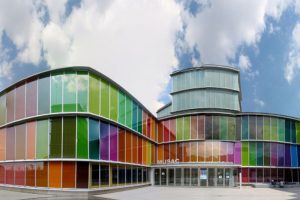
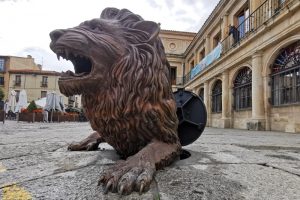
EURECA-PRO
Cultural activities

Leon City Tour
Starting time: Friday 21st of October at 17:30
Cost: Free of charge for conference attendants
Meeting point: LEÓN letter sign in front of the cathedral
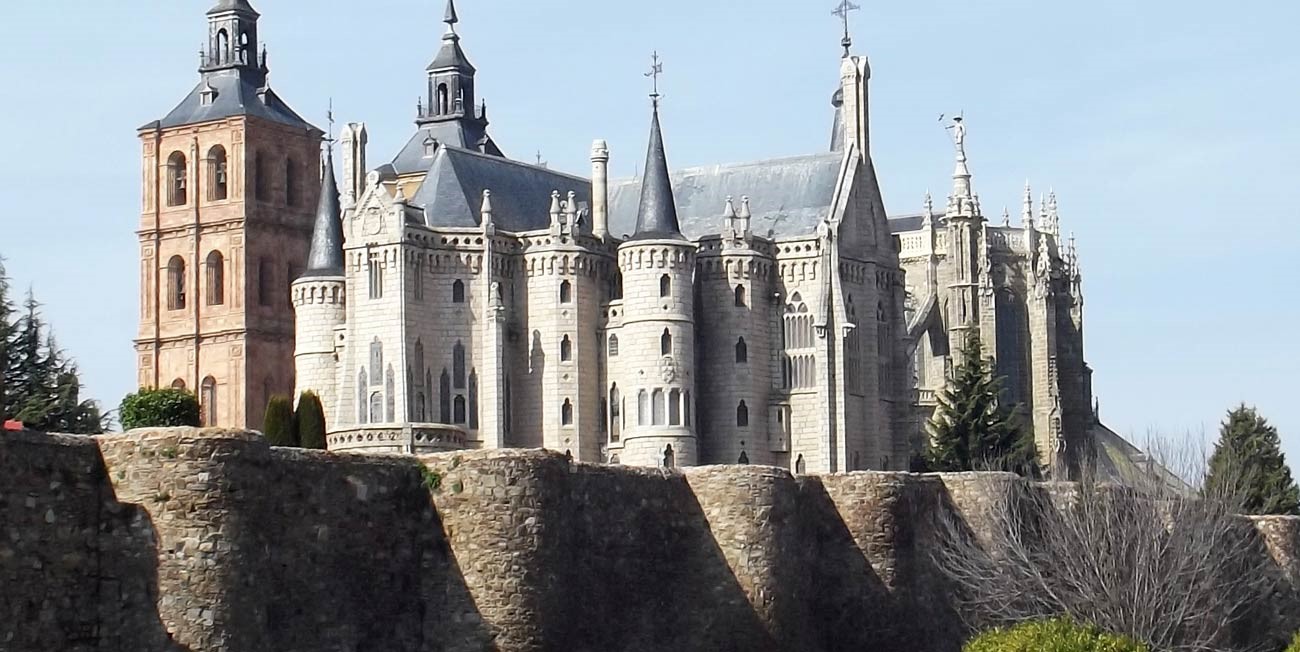
Day trip to Astorga city
Starting time: Saturday 22nd of October
Duration of the activity: 10:00 – 17:00
Cost: 68 euros per person
This extra activity* will take place on Saturday 22nd and it’s optional for any participant who wishes stay over the weekend. The price of the activity includes transportation to Astorga, a visit to the city and Gaudi’s palace and a traditional chickpea stew with different types of meat called “Cocido”. We will leave Leon in the morning, and we will be back in the city at 17h. Any dietary preferences or allergies can be specified on the registration form.
*Those who wish to take part, will pay an extra to cover the cost of the complete activity. If you still haven’t registered for the conference, you will have the opportunity to add this activity in your registration form. If you have registered, you will receive a form on the email account you used in the registration process.
CONTACT
+34 987 291 795
Monday - Friday from 7am - 5pm
León, Spain
Vicerrectorado de Internacionalización, Edificio de Servicios, Universidad de León, Campus de Vegazana, 24071 León, Spain
eurecapro_conference@unileon.es
Contact me every time!


